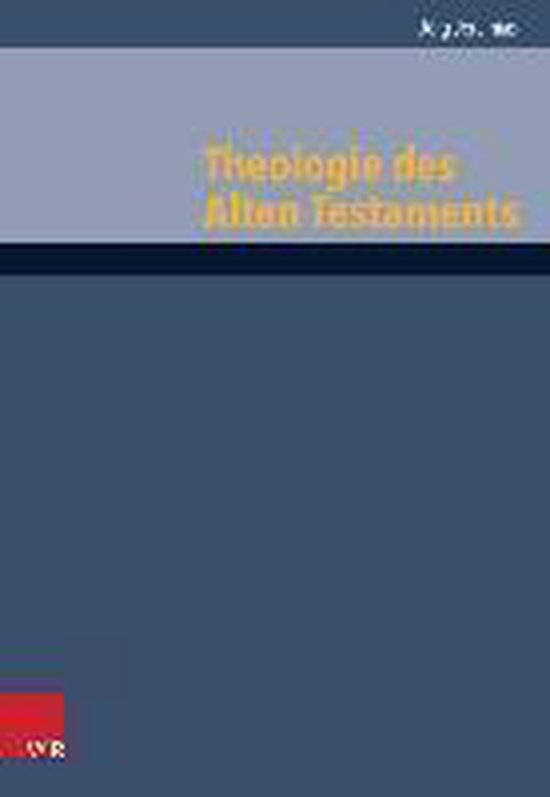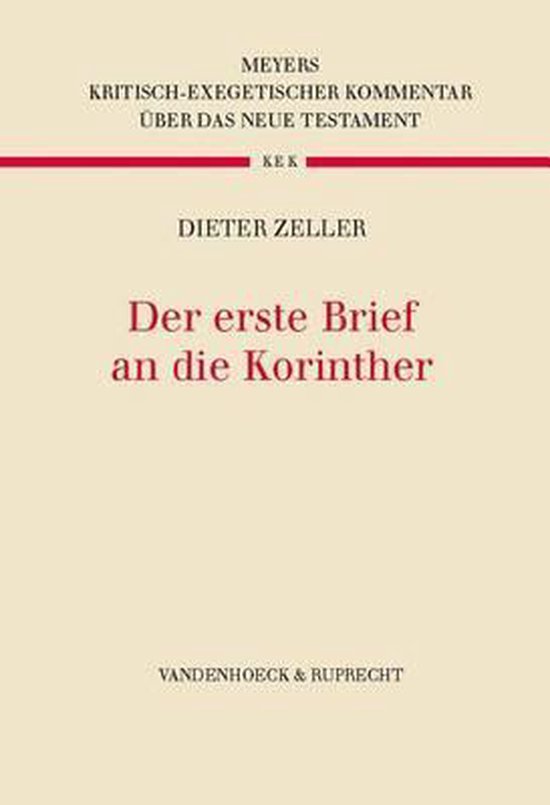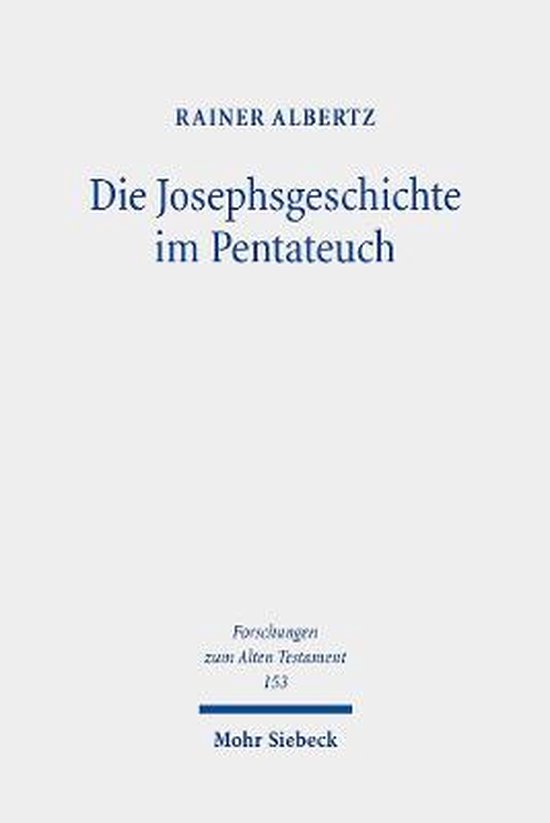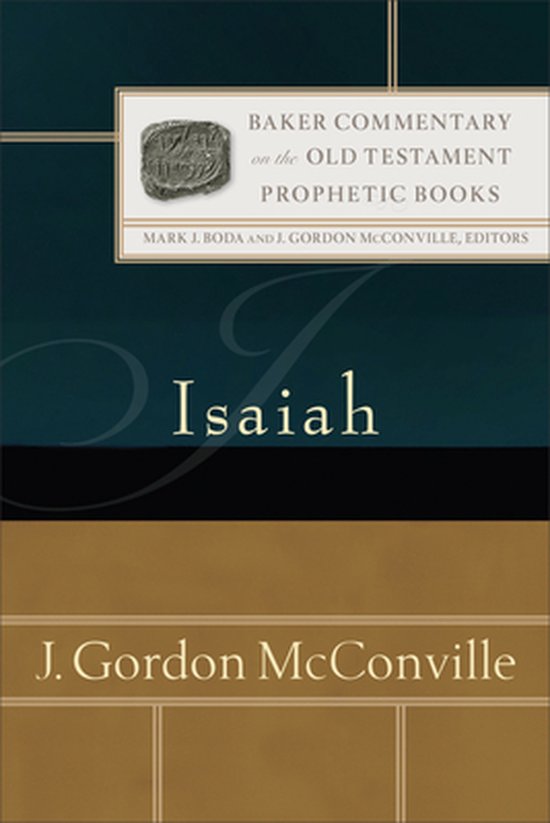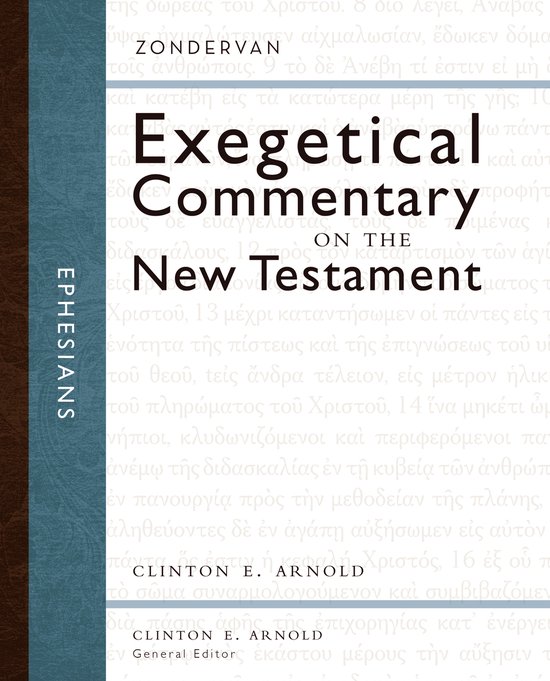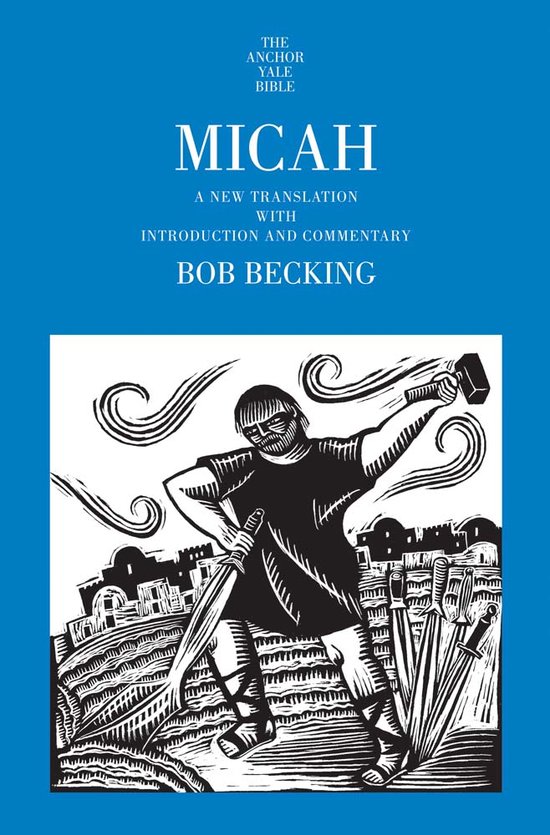
The Anchor Yale Bible Commentaries- Micah
A new translation and commentary on the biblical book of Micah that proposes a convincing new theory of its composition history
A new translation and commentary on the biblical book of Micah that proposes a convincing new theory of its composition history
While the biblical book of Micah is most famous for its images of peace—swords forged into to plowshares, spears turned into pruning hooks—and its passages of prophetic hope, the book is largely composed of prophecies of ruin. The historical Micah, who likely lived in the late eighth century BCE, is the first recorded prophet to predict the fateful fall of Jerusalem, and he also foretells the destruction of the regions of Samaria and Judah, in addition to the more well-known promises of Judah’s eventual restoration.
Bob Becking translates the Hebrew text anew and illuminates the book’s most important elements, including its literary features, political context, and composition history. Drawing on ancient Near Eastern comparative evidence, archaeological notes, and inscriptions, Becking surveys the debates surrounding the book’s interpretation and argues that it be regarded as three separate source texts: the early first chapter; a large middle section containing a proto-apocalyptic, alternating prophetic futurology collected and molded by a later redactor; and an added section advocating for legal reform under Josiah.
A new translation and commentary on the biblical book of Micah that proposes a convincing new theory of its composition history
While the biblical book of Micah is most famous for its images of peace—swords forged into to plowshares, spears turned into pruning hooks—and its passages of prophetic hope, the book is largely composed of prophecies of ruin. The historical Micah, who likely lived in the late eighth century BCE, is the first recorded prophet to predict the fateful fall of Jerusalem, and he also foretells the destruction of the regions of Samaria and Judah, in addition to the more well-known promises of Judah’s eventual restoration.
Bob Becking translates the Hebrew text anew and illuminates the book’s most important elements, including its literary features, political context, and composition history. Drawing on ancient Near Eastern comparative evidence, archaeological notes, and inscriptions, Becking surveys the debates surrounding the book’s interpretation and argues that it be regarded as three separate source texts: the early first chapter; a large middle section containing a proto-apocalyptic, alternating prophetic futurology collected and molded by a later redactor; and an added section advocating for legal reform under Josiah.
| Auteur | | Bob Becking |
| Taal | | Engels |
| Type | | Hardcover |
| Categorie | | Religie, Spiritualiteit & Filosofie |
